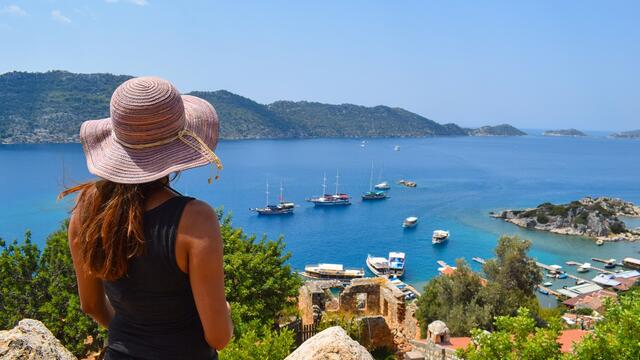The pandemic has changed the attitude of Russians to various trips. 30% of respondents say that they have begun to be afraid of them, although they still have to go to other cities.
The same number of respondents in the past two years have become less likely to travel, and one in five takes additional security measures on the road.
15% of Russians have stopped travelling at all for fear of contracting the coronavirus.
Most Russians who have stopped travelling due to the pandemic live in Moscow (23%), Yekaterinburg and Rostov-on-Don (21%), St. Petersburg and Chelyabinsk (16% each), Nizhny Novgorod (15%). %).
Krasnodar (6%) and Volgograd (9%) turned out to be the most fearless.
Now about half of the respondents (46%) pay attention to the epidemiological situation in the place where they are going to go.
39% follow the rules for entering the country or region, and a quarter (26%) follow the level of medicine at the destination.
The following options are also prioritized: cancel or reschedule the trip (30%), change the date of departure directly at the airport (20%), the availability of an individual transfer and the terms of the insurance policy.
For 16% of Russians, the size of the hotel is important in order to have less contact with other guests.
Only every tenth Russian claims that he does not take any measures to protect himself on a trip.
Another third (32%) believe that a coronavirus vaccination, a mask and a sanitizer are enough to protect them.
The rest are more attentive to their health: a quarter (23%) try not to travel to places where a lot of people gather, 18% choose hotels with accommodation in separate bungalows, 16% do not go to cafes and restaurants, the same number choose ecological tours, and 14% rent an apartment or house instead of a hotel.
Tags: COVID-19 pandemic, Russians, various trips, travelling
